Provide Overview
Day 1: Tarangire National Park
JAMBO – KARIBU!! You will be warmly met upon arrival at the airport with our traditional, unique & special welcome This morning we depart on a pleasant drive to Tarangire National Park retains a real air of undiscovered Africa, particularly in the south of the park. Arrive in time for lunch at your preferred choice of accommodation and some leisure time, later in the afternoon head out for game viewing drive in search of elephants, the park is most renounced for it highest population of elephants than anywhere in Tanzania, its sparse vegetation, strewn with baobab and acacia trees, makes it a beautiful and special location. Thereafter return for dinner and overnight.
Day 2: Ngorongoro Conservation Area
After breakfast depart to the Ngorongoro Conservation area. Proceed towards the rim of the spectacular Ngorongoro Crater stopping occasionally to admire the breath-taking vista unfolding before you. Arrive for check in, thereafter lunch. This afternoon just relax and enjoy the panoramic views of the crater, the largest unbroken caldera in the world. It has been described as one of the great natural wonders of the world. Eight million years ago, the Ngorongoro Crater was an active volcano but its cone collapsed, forming the crater that is 610 meters deep, 20 kilometres in diameter, and covers an area of 311 sq. km. Spectacular as it is, the crater accounts for just a tenth of the Ngorongoro Conservation Area. The crater is home to many species of wild game and birds. With the exception of impala and topi (due to fierce competition with the wildebeest) and the giraffe (because there is not much to eat at tree level), almost every species of African plains mammal lives in the crater, including the endangered black rhino, and the densest population of predators in Africa. A strange thing is that the crater elephants are mainly bulls! The birdlife, which includes the flamingo, is mainly seasonal and is also affected by the ratio of soda to fresh water in Lake Magadi on the crater floor. Dinner and overnight at your preferred choice of accommodation.
Day 3: Ngorongoro Conservation Area
After breakfast descend some 600 metres into the crater, which is home to an abundance of wildlife and a photogenic paradise, for a full day of game-viewing drive with picnic lunch at a private scenic site. Ngorongoro Crater, the largest intact caldera in the world teams with an abundance of wildlife permanently resident on the crater floor. Prides of lions, herds of cape buffalo, impala, Thompson gazelles, rhino, giraffes, golden & black-backed jackal, zebra, cheetah, leopard and the spotted hyena. Unmatched for its natural variety & breath-taking beauty, there are few places on earth where such a tremendous diversity of landscapes exist inside a region this size. Apart from its wildlife riches, the crater is also of great archaeological importance, with the remains of some of mankind’s earliest ancestors discovered in the area, also a home to hundreds of bird species, refreshing in the small lakes in the crater floor. Return for dinner and overnight at your preferred choice of accommodation.
Day 4: Serengeti National Park
Enjoy a sumptuous breakfast then depart for the Serengeti National Park via Oldupai Gorge where hominid footprints believed to be 3.6million years old were found. We will enjoy an on-site talk on the interpretation of the gorge by the resident guide. Arrive at your lodge for lunch . Enjoy an afternoon game viewing drive. Covering an area of 14,763 square kilometres, the world famous Serengeti National Park is Tanzania’s oldest park, and one of the world’s last great wildlife refuges. It stretches as far as Lake Victoria to the West. Its name comes from the Maasai word Siringet, meaning ‘endless plains’. The park’s vegetation ranges from the short and long grass plains in the south, to the acacia savannah in the centre and wooded grasslands concentrated around the tributaries of the Grumenti and the Mara rivers in the park. The western corridor is a region of wooded highland and extensive plains reaching the edge of Lake Victoria. In the early morning and evening light, the Serengeti landscape is stunningly beautiful. The Serengeti ecosystem supports the greatest remaining concentration of plains game in Africa, including more than three million large mammals. It is the sanctuary of an estimated four million different animals and birds. Wildlife that roam the vast park include lions (the adult males of Serengeti have characteristic black manes), cheetahs, hunting dogs, savannah elephant, Cape buffalo, topis, warthogs, hunting dogs and spotted hyena among others. Enjoy dinner and overnight at your preferred choice of accommodation.
Day 5: Serengeti National Park
Enjoy a full day in the Serengeti with game-viewing drives. Hundreds of predators roam the vast savannah plains. We have a high density of cheetahs in the south. Serengeti is also home to hundreds of bird species; among them the out-sized ostrich and bizarre secretary bird, the black eagles that soar effortlessly above the Lobo Hills. All meals and overnight at your proffered choice of accommodation.
OPTIONAL ACTIVITY: Dawn Balloon Safari over the Serengeti Plains ending with a champagne breakfast.
Day 6: Lake Manyara National Park
After breakfast departs on a pleasant drive to Lake Manyara National Park which apart from its abundant bird life, is known for its tree-climbing lions. Arrive in time for lunch and some leisure time, before later in the afternoon head out for an afternoon game viewing drive in this small but attractive park squeezed between the stunning Manyara soda lake and the steep rim of the rift valley. Look out for the baboons, giraffes. Thereafter return for dinner and overnight.
- OPTIONAL ACTIVITY: A cultural walk in the village of ‘Mto wa Mbu’.
Day 7: Arusha
Wake up early with coffee/tea and head off on your last trail of the African savannah – hopefully, you’ll see some big game. Return at the Camp or Lodge for breakfast. All good experiences must come to an end and sadly you must say Kwaheri to your wonderful Camp Manager and his teams as you depart for Arusha. Drop off at your hotel or Kilimanjaro International Airport for your onward flight.

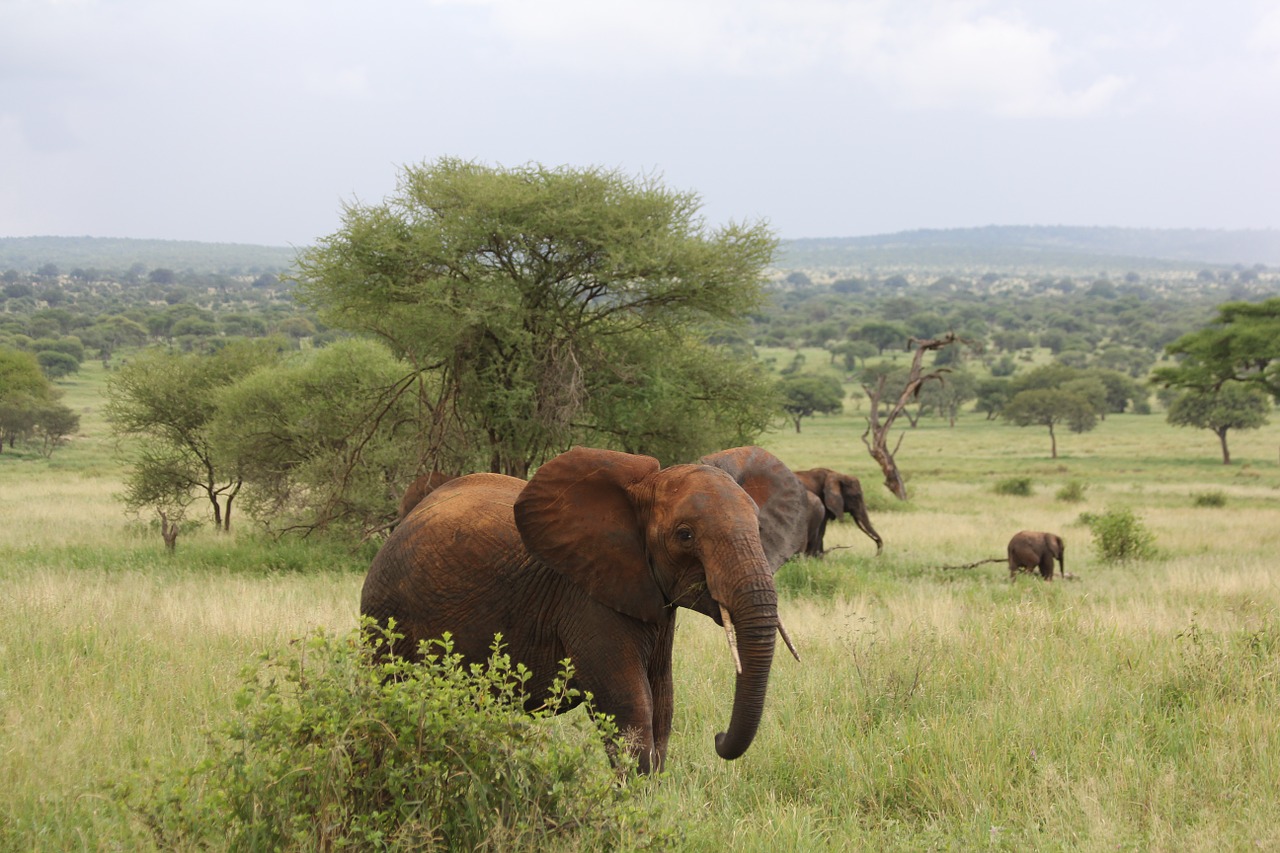
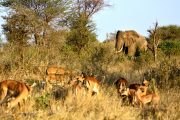
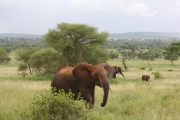
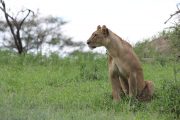
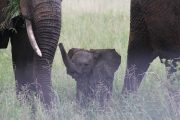
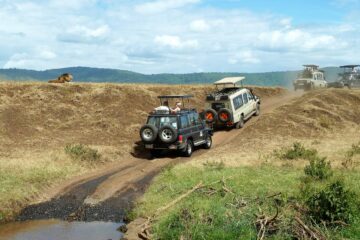
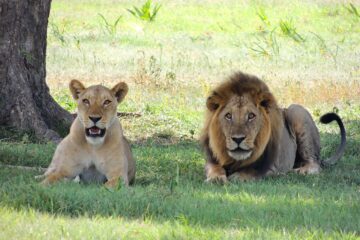
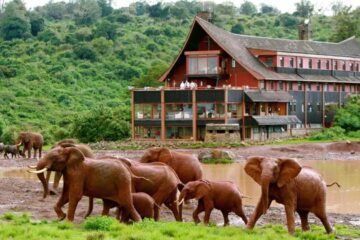
Tour Reviews
There are no reviews yet.
Leave a Review